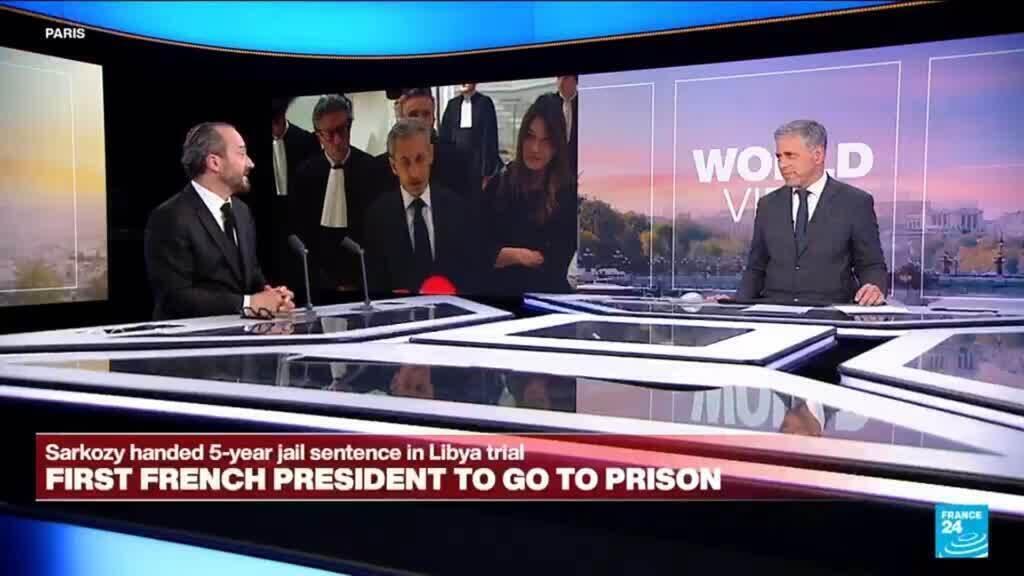The Conviction of Nicolas Sarkozy: A Legal Perspective
In a profound examination of one of the most significant legal developments in recent French political history, François Picard engages in a conversation with William Julié, a Franco-British lawyer specializing in Criminal Defense and Human Rights Law. The focal point of their discussion is the criminal conviction of former French President Nicolas Sarkozy, which has sparked substantial debate within the legal and political realms.
The court's verdict against Sarkozy is built upon the rare legal charge of "association de malfaiteurs," or Criminal Association. This charge allows for conviction without the necessity of direct evidence of an underlying crime, relying instead on the premise that the accused conspired to commit illegal acts. Mr. Julié underscores the significance of this charge as a potent prosecutorial tool that has been infrequently utilized, thus making Sarkozy’s case particularly noteworthy.
At the core of the court's decision lies a critical analysis of Sarkozy's relationships with foreign entities, issues of political financing, and alleged exchanges of favors involving the highest echelons of state power. Julié points out that such factors played a central role in the prosecutor's strategy. The court seemingly viewed Sarkozy's extensive political network and the dubious financial arrangements that surrounded his campaigns as indicative of a broader ethos of corruption and collusion.
Sarkozy’s conviction is not just a personal legal battle; it represents a broader societal examination of political accountability and integrity within the French political landscape. The legal implications of the ruling extend beyond Sarkozy himself, standing as a cautionary tale for other political figures who may find themselves entangled in similar accusations. The prosecution successfully illustrated how pivotal relationships can blur the lines between legitimate political discourse and illicit activity.
During their exchange, Picard and Julié discuss the potential repercussions of this legal case on political practices in France. The use of the Criminal Association charge could reshape how authorities address political corruption, potentially leading to a more rigorous scrutiny of political actions and financing. As Mr. Julié notes, this could either deter future misconduct or, conversely, inspire a culture of fear among politicians who fear retribution under this legal framework.
The dialogue further delves into the essence of justice and the rule of law as they pertain to high-profile political figures. With the backdrop of Sarkozy's storied political career, the conviction has reignited discussions on the responsibilities that accompany public office and the ethical boundaries that should govern political engagement. The interplay of politics, law, and morality becomes increasingly complex as this case illustrates the challenges faced in achieving impartial justice in politically charged environments.
In summary, the conviction of Nicolas Sarkozy serves as a significant moment in the intersection of law and politics in France. Through the lens of legal expert William Julié, this conversation offers insights into the complexities of criminal law, the implications of prosecution strategies, and the broader consequences for political accountability. As France navigates this challenging terrain, the case will undoubtedly leave a lasting mark on its legal and political framework.












